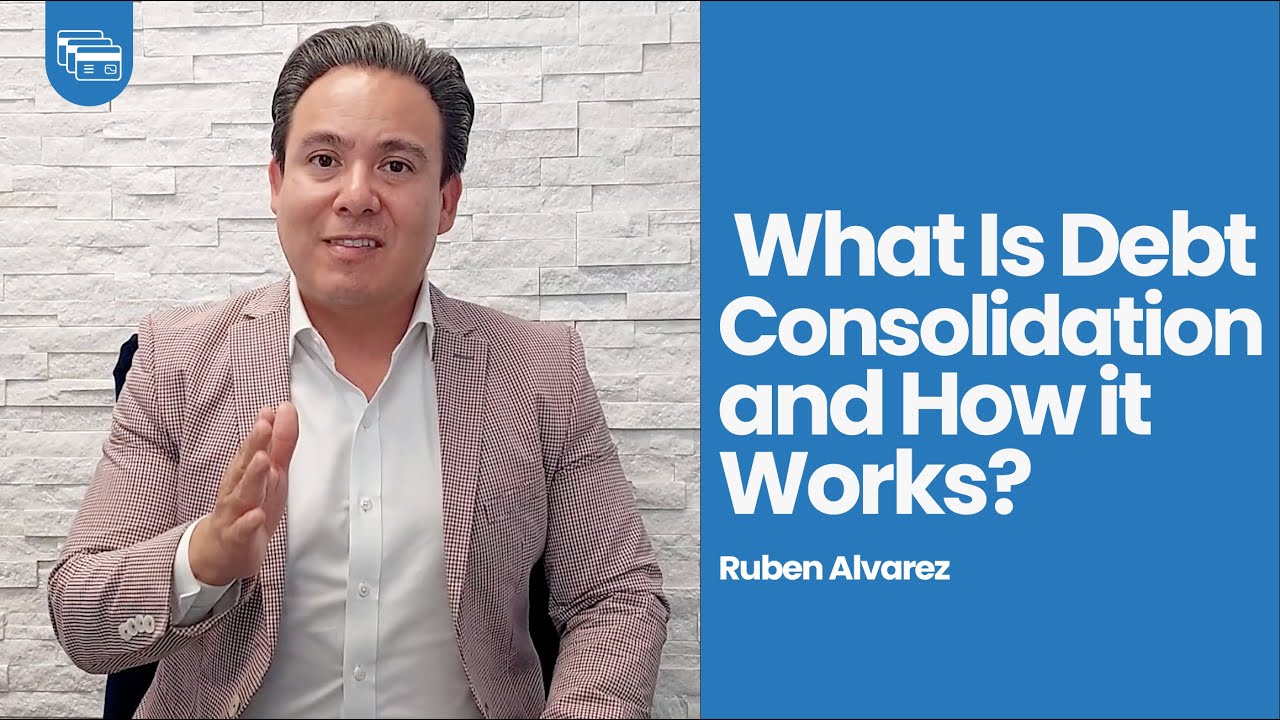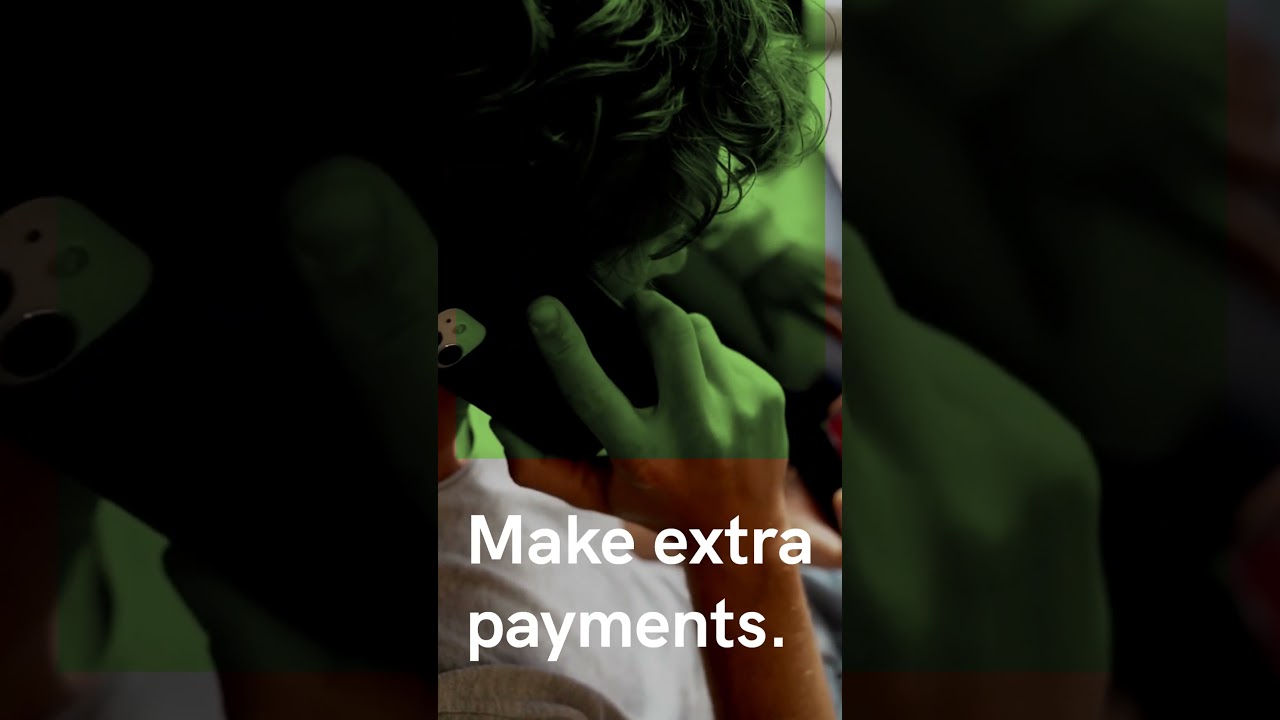0:21 – Whats is Debt Consolidation?
0:34 – Traditional Debt Consolidation
1:04 – Debt Consolidation 10k
2:28 – Secure and unsecure
3:32 – When Debt Consolidation Is Worth It
06:05 – How may we help you?
1. What Is Debt Consolidation?
Debt consolidation rolls multiple debts, typically high-interest debt such as credit card bills, into a single payment. Debt consolidation might be a good idea for you if you can get a lower interest rate. That will help you reduce your total debt and reorganize it so you can pay it off faster.
If you’re dealing with a manageable amount of debt and just want to reorganize multiple bills with different interest rates, payments and due dates, debt consolidation is a sound approach you can tackle on your own.
2. How Debt Consolidation Works?
Debt consolidation is the process of using different forms of financing to pay off other debts and liabilities. If you are saddled with different kinds of debt, you can apply for a loan to consolidate those debts into a single liability and pay them off. Payments are then made on the new debt until it is paid off in full. Most people apply through their bank, credit union, or credit card company for a debt consolidation loan as their first step. It’s a good place to start, especially if you have a great relationship and payment history with your institution. If you’re turned down, try exploring private mortgage companies or lenders. Creditors are willing to do this for several reasons. Debt consolidation maximizes the likelihood of
collecting from a debtor. These loans are usually offered by financial institutions such as banks and credit unions, but there are other specialized debt consolidation service companies that provide these services to the general public.
3. Types of Debt Consolidation
There are two broad types of debt consolidation loans: secured and unsecured loans. Secured loans are backed by one of the borrower’s assets, such as a house or a car. The asset, in turn, works as
collateral for the loan. Unsecured loans, on the other hand, are not backed by assets and can be more difficult to obtain. They also tend to have higher interest rates and lower qualifying amounts. With either type of loan, interest rates are still typically lower than the rates charged on credit cards. And in most cases, the rates are fixed, so they do not vary over the repayment period. There are several ways you can lump your debts together by consolidating them into a single
payment. Below are a few of the most common.
4. When Debt Consolidation Is Worth It
Debt consolidation becomes advantageous when by compiling your debts together, you are able to achieve an overall lower interest rate. This allows for lower payments. This frees up cash that you can either use to make larger payments, or can save or invest the remainder. Debt consolidation also has a psychological factor, where some people find it is mentally easier to make one payment than multiple. It may be worthwhile to hold off on consolidating your loans until you are able to do so until you have
the highest possible credit score you think you can achieve. A balance-transfer credit card can sometimes be the best way to concentrate your debt.
Call us for a FREE consultation at (713) 661 5505
To learn more about us click here: https://700pluscredit.com/
Para español da click aquí: https://es-la.700pluscredit.com/
¡Suscribe to our channel!
Follow us on:
Facebook: https://www.facebook.com/700PlusCredit
Instagram: https://www.instagram.com/700pluscredit_/
Alignable: https://www.alignable.com/houston-tx/700-plus-credit-llc
LinkedIn: https://www.linkedin.com/in/ruben-alvarez-78017746/








